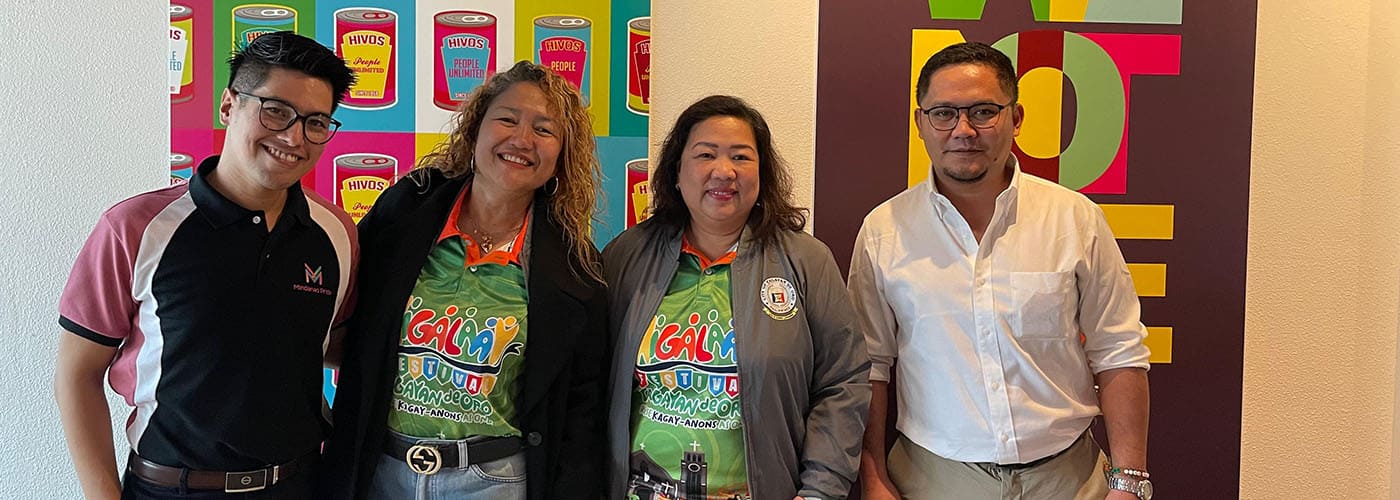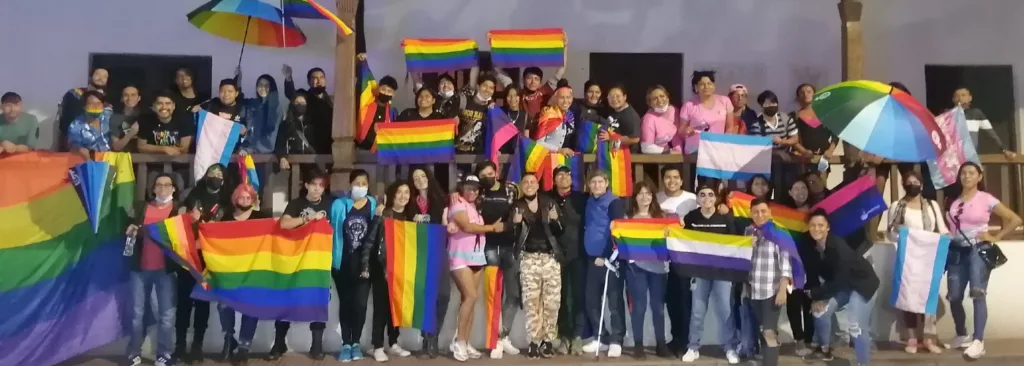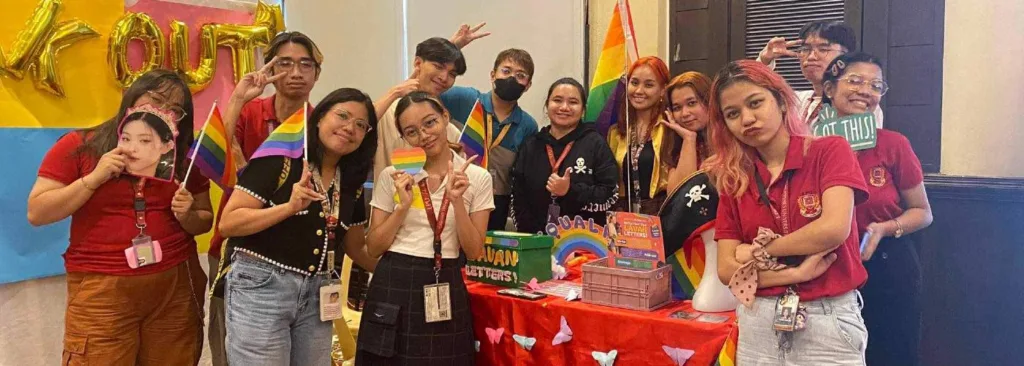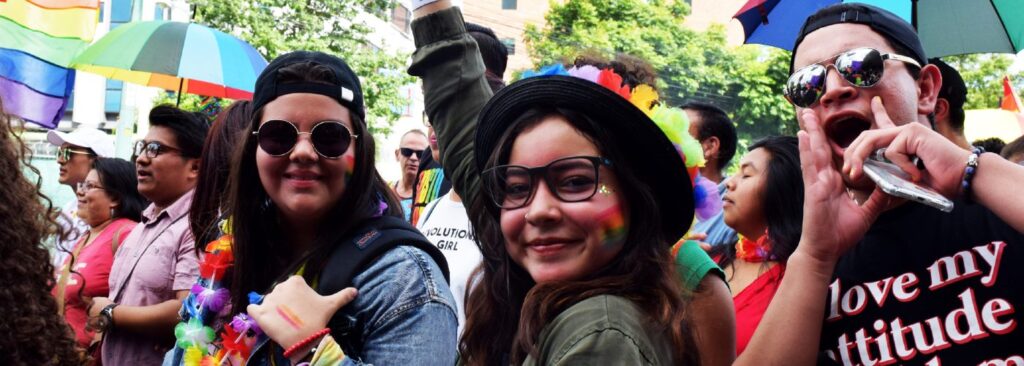In the Philippines, a bill that protects the rights of LGBTIQ+ people has been held up in congress for 24 years. But legal fine points and well-intentioned municipalities have helped people still find a way to embed diversity in local policy.
Hans Kevin Madanguit, an activist who works for equality and inclusion in the Philippines through our Free to be Me program, tells us how. “Instead of waiting to see if national legislation will ever come into effect, we started looking for other avenues. And we found an open door.”
The fine points of the law
The Philippines has a national policy that requires all government agencies to spend at least five percent of their annual budget on gender and development. In addition, the total budget, regardless of the goal, must have a gender lens.
“We saw this as a starting point,” says Hans. “When we talk about gender in the Philippines, we only talk about women. But the law states: different sexualities of women. That means that you also have to include bisexual women, trans women and queer women. As long as they are people who are marginalized because of their gender identity, sexual orientation and gender expression, they have to be included as stakeholders in projects that deal with gender and development.”
The mayor as an ally
One of the five cities that Hans works with successfully is Cagayan de Oro on the island of Mindanao. Chedilyn, a city employee, tells us why: “We are fortunate that our mayor, Rolando Klarex Uy, finds equality and respect very important. He openly positions himself as an ally of the queer community.”
Over the past two years, the region has celebrated Pride month with the active participation of the mayor. “For example, there was a bonding ceremony, because in the Philippines same-sex couples can’t get married. The mayor was there to toast with them and celebrate their love,” says Chedilyn.
Rolando Klarex Uy’s inauguration two years ago and the large-scale celebration of Pride were the starting signal for our collaboration with Cagayan de Oro. “Thanks to the mayor’s open support, we’ve been able to implement inclusive policies. For example, a comprehensive anti-discrimination law has now been passed in the city.”
Socio-economic opportunities
We’ve also been able to expand socio-economic inclusion and job opportunities for LGBTIQ+ people. “We organized career seminars for 30 applicants to help them get started,” says Hans. “Then we organized a small job fair where we actively involved the private sector. Several local businesses were present, and in the end, six of the participants found a job right away.”
Hans and Chedilyn hope that Cagayan de Oro can be an inspiring example for other municipalities. “Hopefully, more mayors will step forward to make their city policies more equal and inclusive.”








